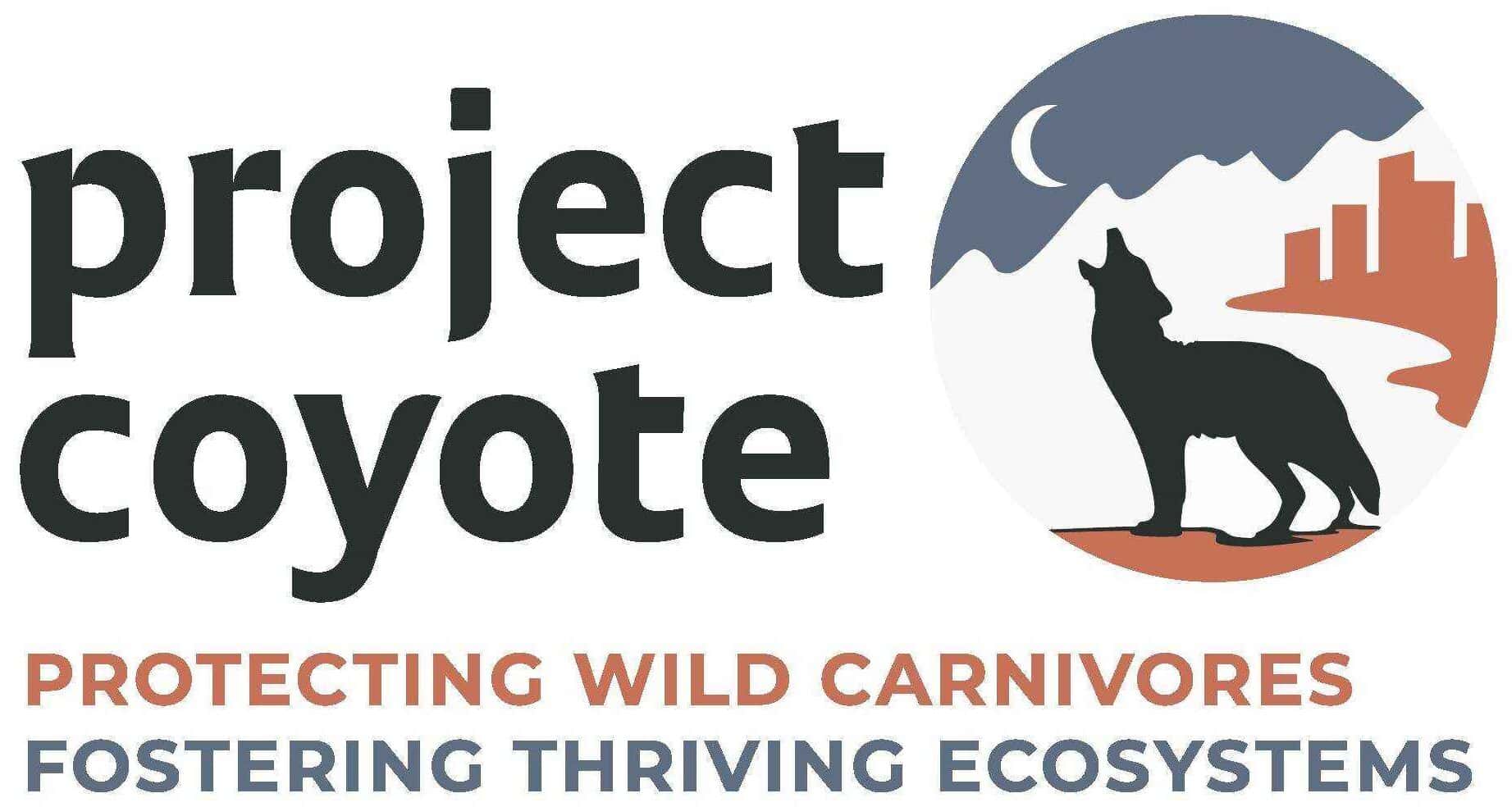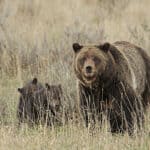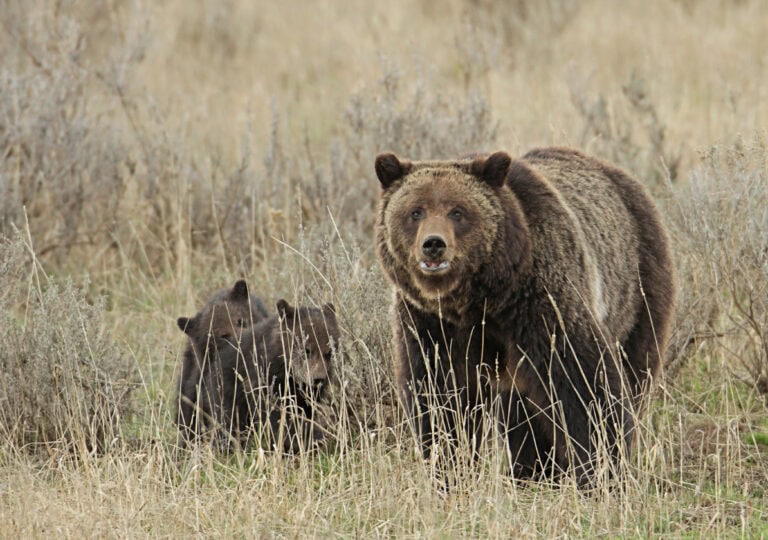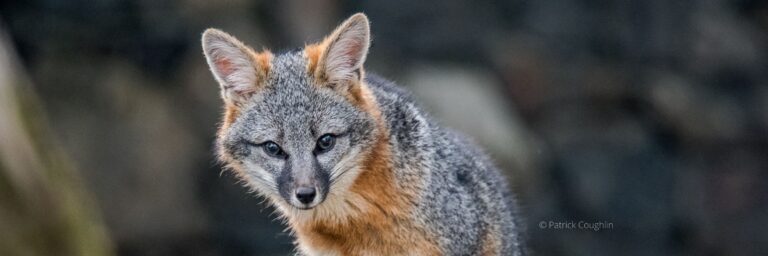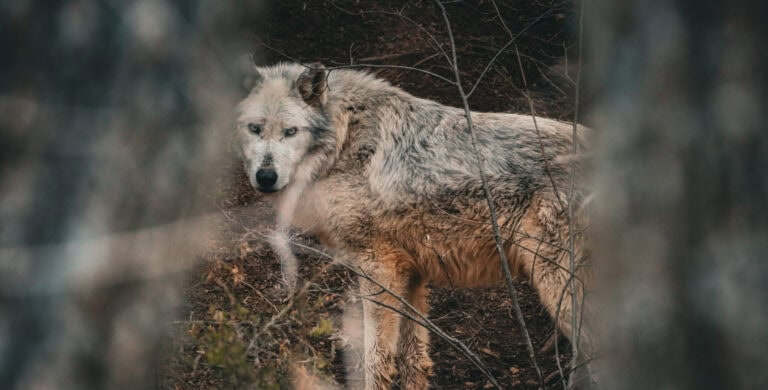Thanks to your help, the Division of Fisheries & Wildlife (MassWildlife) has proposed a regulation to ban wildlife killing contests in the Commonwealth. Now, we need your voice to convince MassWildlife’s Board to adopt the regulation to outlaw the bloodsport once and for all!
The proposed regulation would prohibit competitions in which participants compete for prizes or other inducements that results in the killing of predatory or furbearing animals including coyotes, bobcats, foxes, otters, skunks, beavers, raccoons and other species. Coyotes are killed in these contests every year in Granby and Hyannis (and possibly in other locations that go unpublicized).
Please email the Board and attend two upcoming hearings to show your support for the regulation.
Attend the MassWildlife October Hearings
MassWildlife will be accepting written and oral comments on the wildlife killing contests regulation at two public hearings in October. Your presence speaks volumes – even if you don’t want to speak! It’s important to be polite and keep your written and oral comments brief. Please focus on the cruel and ecologically destructive nature of wildlife killing contests (talking points below).
Lenox Meeting
What: MassWildlife Public Hearing on Wildlife Killing Contests
Where: Lenox Town Hall, 6 Walker Street, Lenox
Date: Tuesday, October 22
Time: 7:00 pm
Westborough Hearing
What: MassWildlife Public Hearing on Wildlife Killing Contests
Where: Field Headquarters, Richard Cronin Building, 1 Rabbit Hill Road, off North Drive, Westborough
Date: Tuesday, October 29
Time: 7:00 pm
Write to MassWildlife NOW
Please write a concise, polite letter to MassWildlife urging them to adopt a regulation banning wildlife killing contests in the Commonwealth. We’ve provided additional talking points below. Be sure to indicate that you’re a resident of the state and note any roles you play in your community.
Send an email to: Susan.Sacco@state.ma.us, to the attention of the Fisheries and Wildlife Board
Send written comments to:
Chairman, Fisheries and Wildlife Board
c/o Director of MassWildlife
Mass. Division of Fisheries and Wildlife
1 Rabbit Hill Road
Westborough, MA 01581
Talking Points
- Banning wildlife killing contests will prevent a small minority of the population from recklessly slaughtering our wild animals.
- Wildlife killing contests are ethically and ecologically indefensible. They are a bloodsport just like dogfighting and cockfighting, which have been outlawed in every state.
- Four states have banned the practice in recent years. Vermont and New Mexico outlawed coyote killing contests in 2018 and 2019, respectively, and Arizona prohibited the events for predatory and furbearing species in 2019. In 2014, California banned the awarding of prizes for killing nongame and furbearing species. Local governments in Arizona, New Mexico and Wisconsin have passed resolutions condemning wildlife killing contests.
- Killing contests are contrary to sound wildlife management. Randomly killing coyotes, for example, disrupts their pack structure, which can increase their populations and increase conflicts with humans and companion animals. Preventing conflicts with the use of humane, non-lethal methods is more effective.
- Killing contests jeopardize the public’s support for hunting and damage the reputation of all hunters by violating fundamental hunting ethics. Countless animals are injured or orphaned during killing contests. The events put non-target species, including pets, at risk. Participants use electronic calling devices, which mimic the sounds of prey or young in distress, to lure wildlife in for an easy kill.
- Wild animals play an important ecological role in healthy ecosystems. Coyotes, for example, reduce rabbit and rodent populations, keep environments free of animal carcasses, and increase biodiversity.
Learn more about wildlife killing contests here, the scientific reasons behind why killing coyotes doesn’t solve problems here and here, and the National Coalition to End Wildlife Killing Contests here.
Thank you for acting TODAY to protect Massachusetts’ wildlife!
For Wild Nature,
 |
 |
| Katie Stennes Programs & Communications Manager |
John Maguranis Massachusetts Representative |
